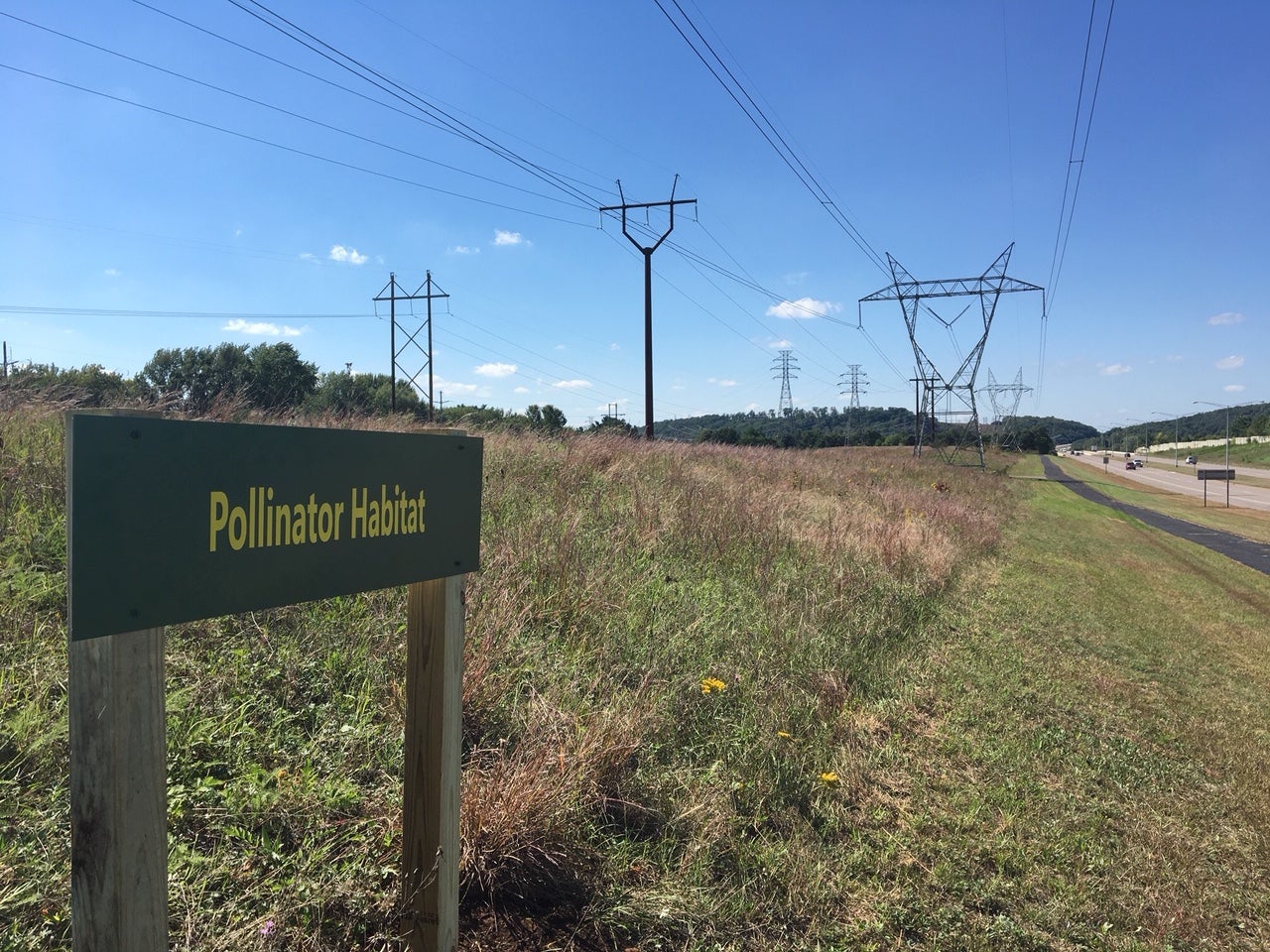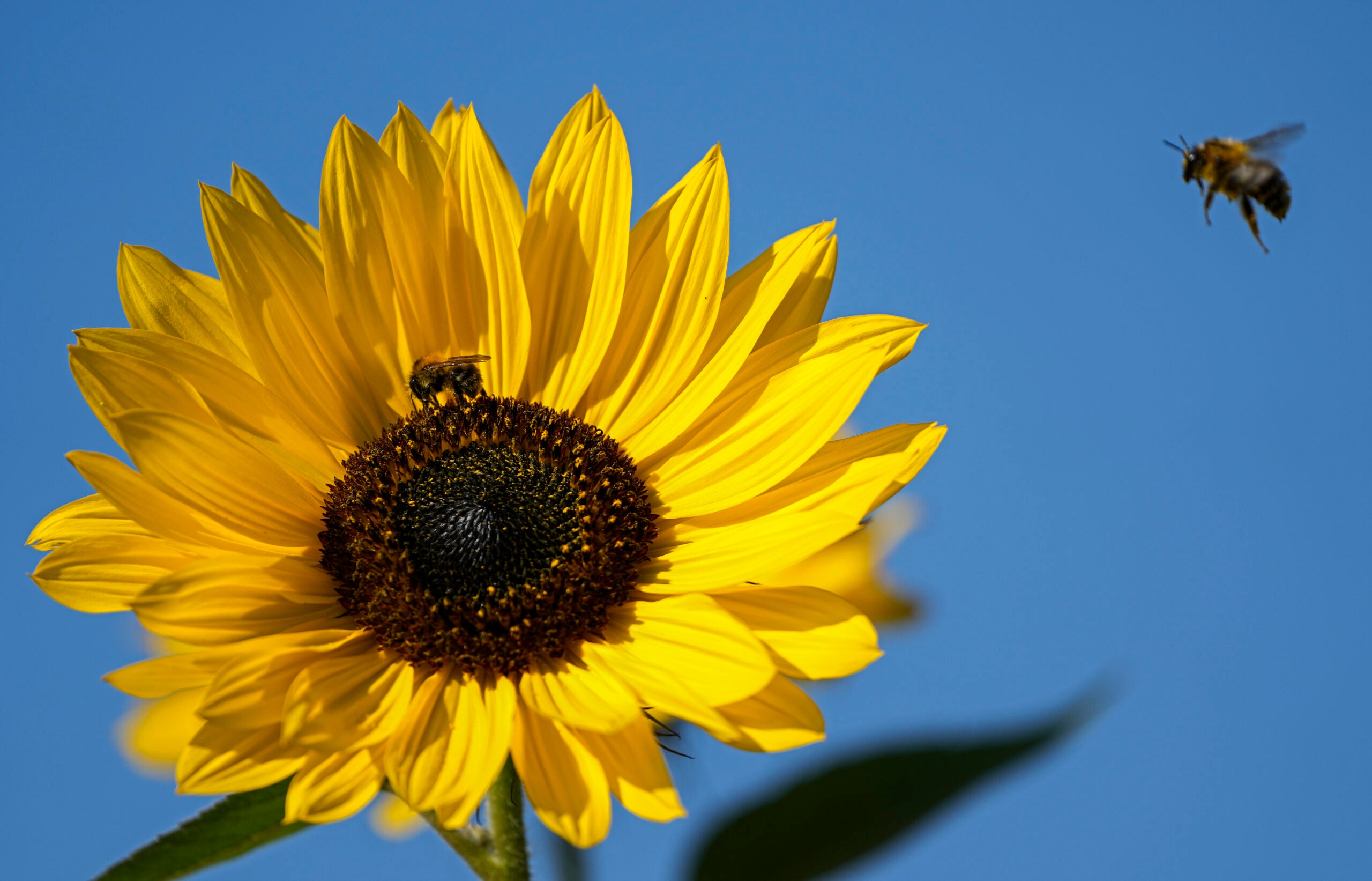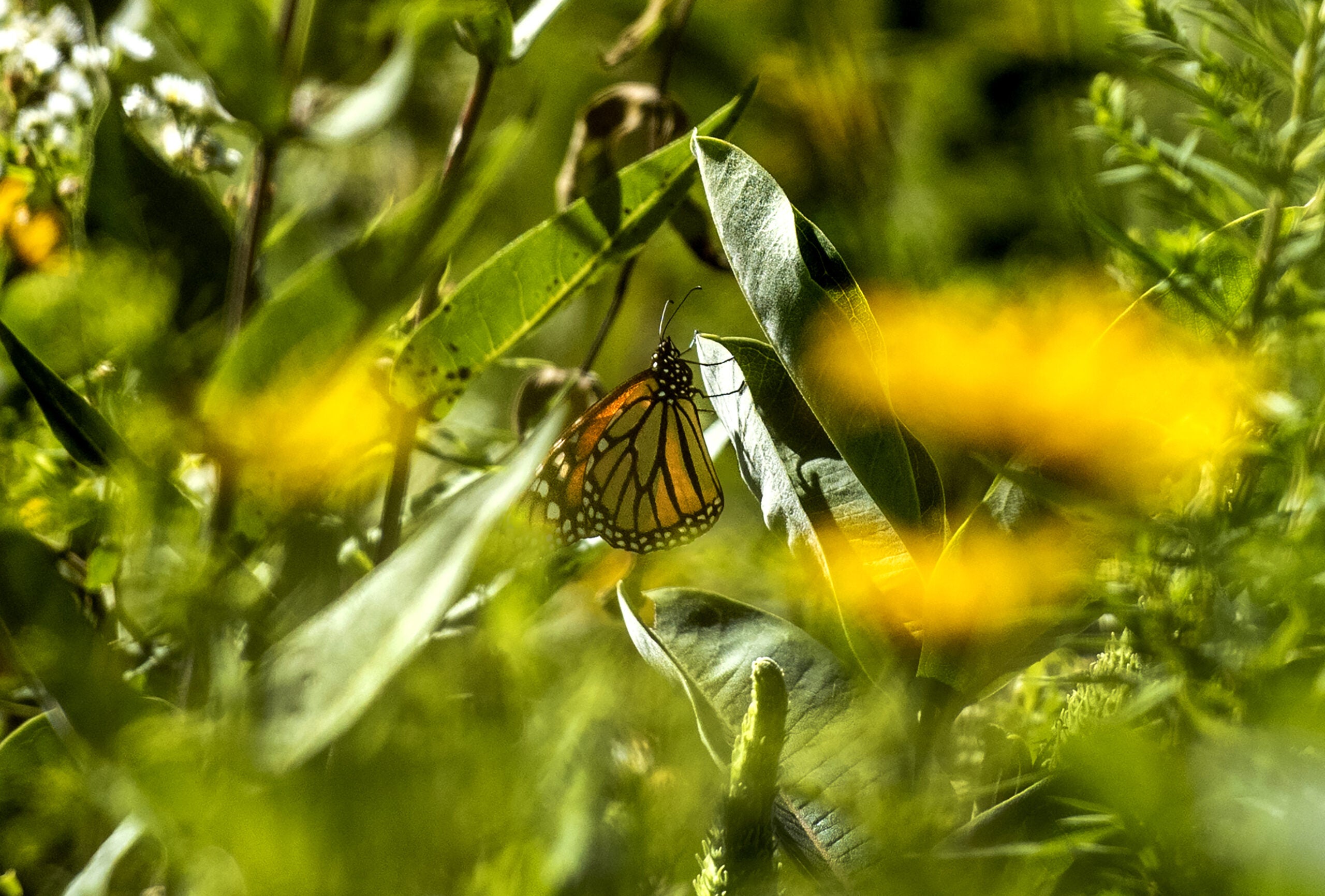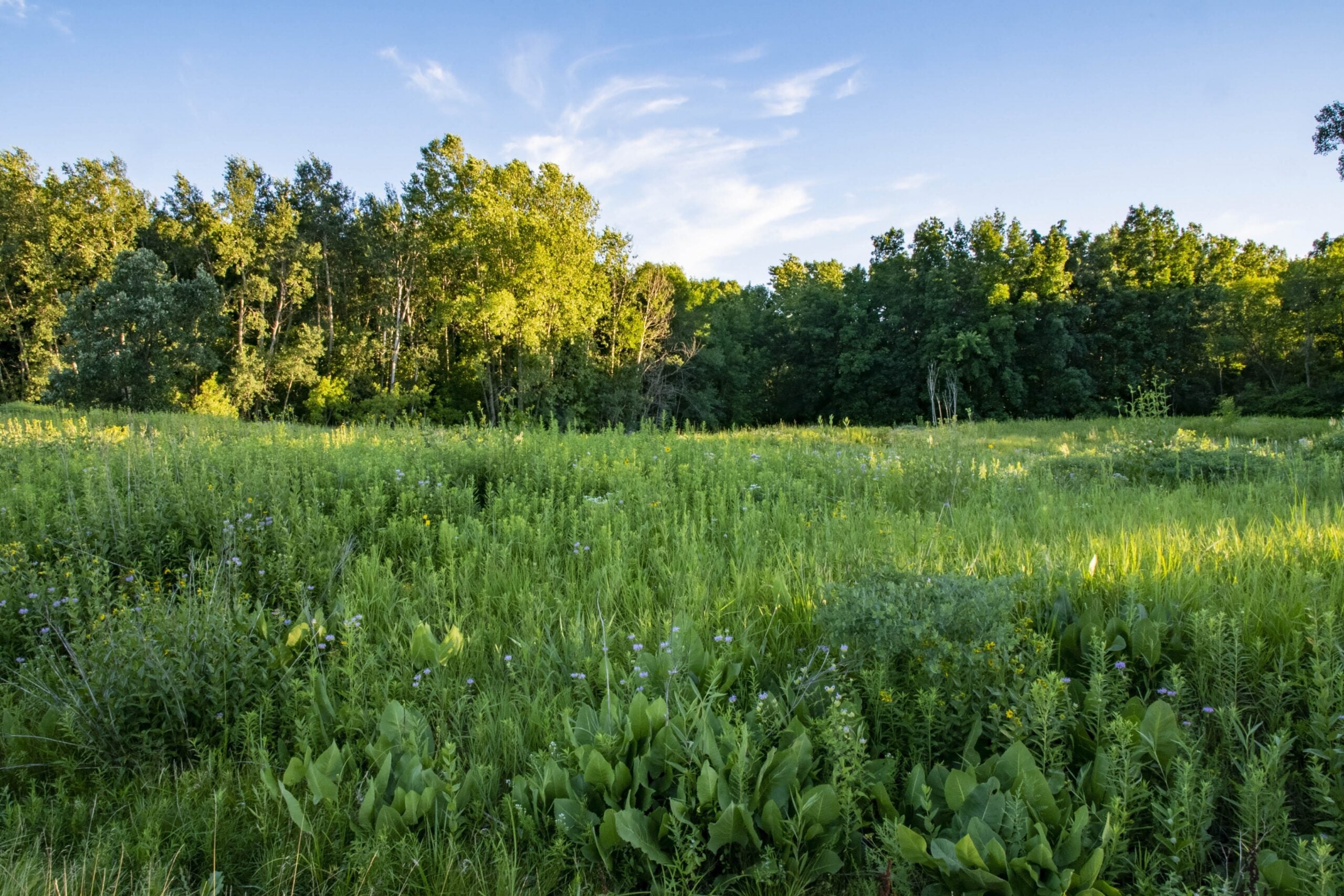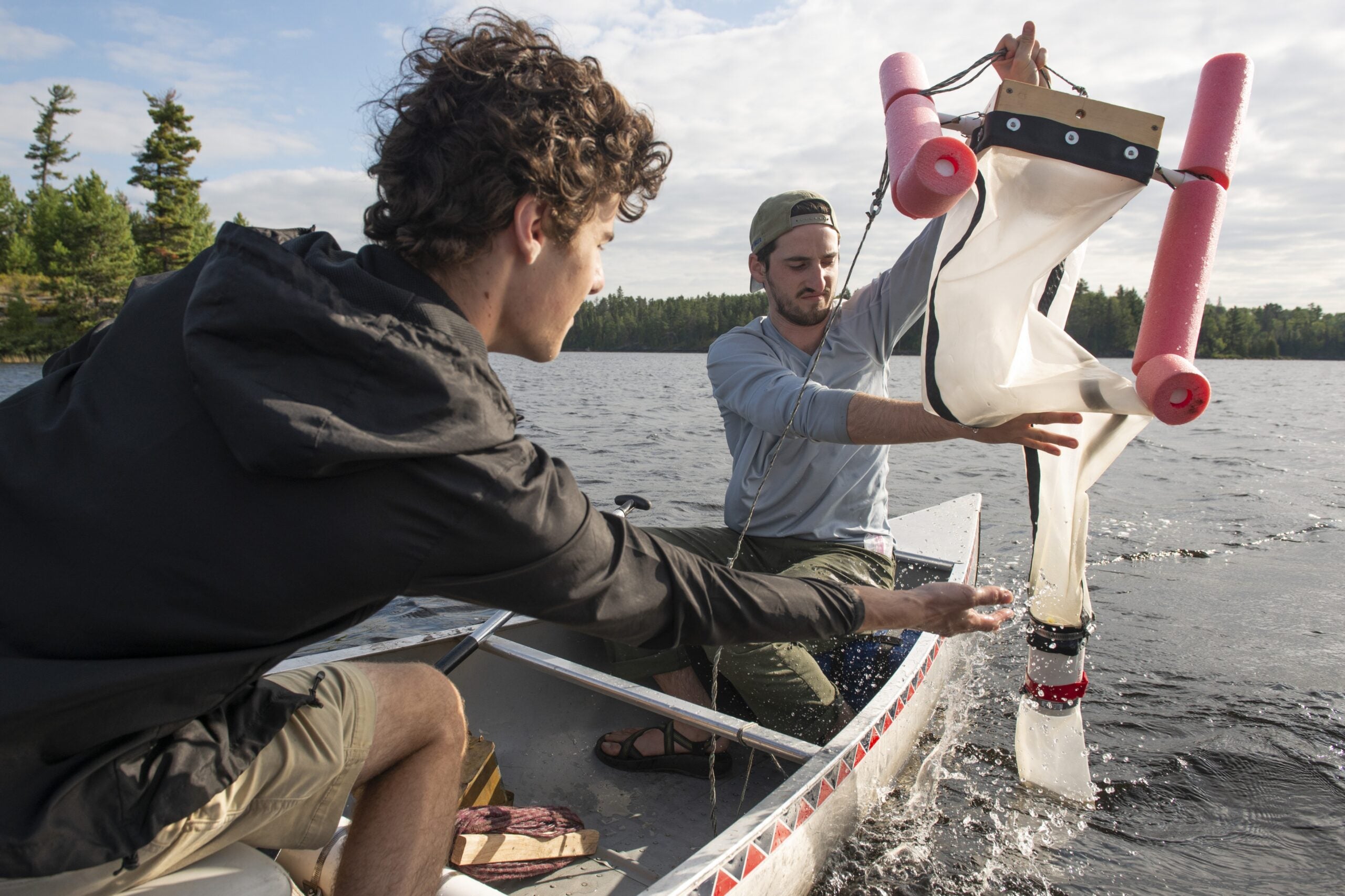A power company is working on a deal that will allow beekeepers in western Wisconsin to establish hives on its land.
Xcel Energy is working to establish 34 acres known as the Gravel Island Substation between Eau Claire and Chippewa Falls as a place for pollinators like bees and butterflies.
Xcel now has about 2,100 acres at 44 sites it owns in Wisconsin, Minnesota and North Dakota in its pollinator program.
Stay informed on the latest news
Sign up for WPR’s email newsletter.
The company has worked to restore native prairie land with wildflowers and other plants that attract pollinators.
“It really became more of a program about five years ago when the issues about the bees as well as the monarch butterflies came out,” said Pam Rasmussen, Xcel’s manager of siting and land rights. “The company decided, let’s do a more concerted effort on ways we can bring more awareness to the issues for pollinators.”
Xcel is partnering with the Chippewa Valley Beekeepers Association on the project.
“We’re entering into a contract with Xcel to use about 2.5 acres of that property,” said association president Don Hauser.
“Our intention is to promote especially urban beekeepers who don’t have the property, that they can find something in the immediate area that is prime habitat and have access to it,” he said.
Hauser said urban beekeepers can have difficulty obtaining permits to build hives at their home, especially if neighbors object.
“If you’re an apartment dweller who has a desire to be a beekeeper, this is a perfect situation for you because with your investment of time and money and learning, you’ll be able to manage bees at that site,” he said.
“We don’t have all of the specifics worked out yet, but we’re hoping that we can promote it to multiple beekeepers as opposed to let’s take three beekeepers and let them put 100 hives on that site,” said Hauser. “This is all about the hobbyist and the person who has limited access.”
The Chippewa Valley Beekeepers Association has 70 members, and Hauser said this partnership could help grow interest in beekeeping in western Wisconsin.
“It’s our club’s intention to make this an educational site, to bring in beginning beekeepers and provide them mentorship and practice good beekeeping habits,” he said.
Rasmussen expects the site will be ready for hives sometime in 2020.
Wisconsin Public Radio, © Copyright 2024, Board of Regents of the University of Wisconsin System and Wisconsin Educational Communications Board.

